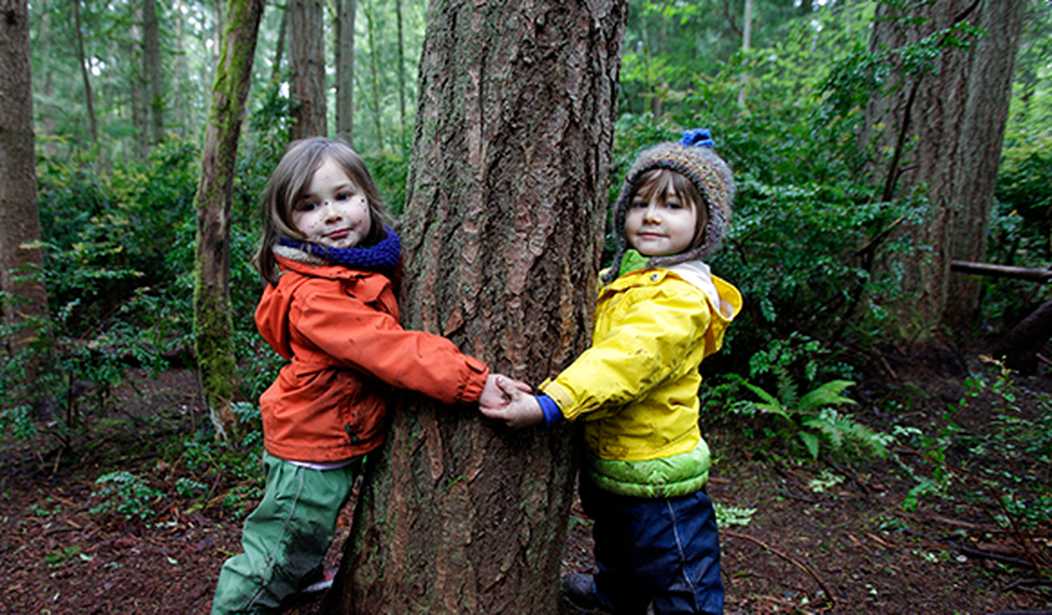Earlier this week I talked about the one potentially good piece of news coming out of the climate alarmism summit in Scotland. It was the announcement that more than 100 countries are committing to ending deforestation around the globe and attempting to build up the planet’s forests again. (Assuming they actually hold to their promises.) The question that all of these nations will have to deal with is how to best go about reforestation efforts and, of course, pay for them. The second half of that puzzle seems to be coming into focus for the United States. Yesterday, Steny Hoyer introduced a bill that would set up a $9 billion trust fund under the State Department for these purposes. But whether that money would be applied domestically or only in other nations is unclear. (CNN)
After President Joe Biden entered the US into a global pledge at COP26 to end and reverse deforestation, a top Democrat in the House plans to introduce a bill Wednesday to put financial weight behind Biden’s commitment.
House Majority Leader Steny Hoyer’s legislation would establish a $9 billion trust fund at the US State Department to finance bilateral forest conservation projects with developing countries around the world, the same amount Biden said the US should contribute.
“We need them to keep it in the ground,” Hoyer told CNN — speaking about preventing countries from cutting down trees. “The first step [is] stop losing the forest.”
While it pains me to say it, the reality is that nine billion dollars just isn’t that much money in terms of the United States budget in the 21st century, and there are far worse things the Democrats could be planning to do with it. Setting it up as a trust fund under the State Department also seems sensible, since that will allow the fund to be replenished with future appropriations if it’s running low and everyone agrees that the money is being spent wisely with the appropriate oversight.
We’ll have to wait and see if Hoyer structures this as a “clean” bill that only has one single purpose. If so, this has the potential to attract substantial Republican support. My fear is that he will do what the Democrats always seem to do, tacking on all manner of other unrelated nonsense from the liberal wish list and draining any possible bipartisan backing.
Thus far it sounds like the majority of the bill would focus on helping other countries make progress on reforestation and ending the clear-cutting of forests. I’m not totally opposed to that if it’s handled with the appropriate oversight and monitoring. Unfortunately, there are too many nations out there who would be happy to take the money and then just turn around and keep burning down the forests anyway. (We’re looking at you, Venezuela.) But the descriptions given do mention satellite and in-person monitoring, so it might work out okay.
Still, there are a lot of places in the United States that could do with a lot more trees. I don’t think it would be crazy to suggest that some of the money could be put into a fund to compensate people who are willing to plant new trees on their own property but need some financial help to do so. Similarly, state and municipal governments could access funds to plant trees on public lands. Planting one tree really isn’t that expensive, but when you’re talking about millions the costs will add up quickly.
I rarely get the opportunity to praise anything that the Biden administration does (and that’s a massive understatement), but this is one goal that I can get behind. And I hope it’s able to draw some significant bipartisan support, assuming Hoyer doesn’t find a way to screw this up as I suggested above. And yes… I realize that’s a pretty big assumption.








Join the conversation as a VIP Member